The world was outraged on May 12, 2022 when a year-two student of the Shehu Shagari College of Education, Sokoto, Deborah Yakubu Samuel, was horridly murdered. Deborah was accused of speaking against Prophet Muhammad in an online chat while the school was on the Muslim moon Ramadan holiday. Some Muslim male students subsequently saw her in the school and stoned her to death, setting her body ablaze. In May 2020, a level one student of the University of Benin, Miss Vera Omozuwa, was gang raped and beaten to death by yet-to-be identified assailants. The act occurred inside a Redeemed Christian Church Parish in Ikpoba Hill, Benin, Edo State.
READ: CGE Africa Urges Media To Mainstream Gender Issues
Join our WhatsApp ChannelSuch acts of violence against women abound and are responsible for Nigeria’s woeful record as the ninth most dangerous country for women, according to a 2018 report by the Thompson Reuters Foundation. Nigeria also ranked as the sixth worst country on cultural practices that degrade women such as acid attacks, female genital mutilation, child marriage, forced marriage, stoning, physical abuse, or mutilation as a form of punishment and female infanticide. On sexual violence, the country ranked the fourth worst, with examples in rape as a weapon of war, sexual harassment and coercion into sex. Unfortunately, many of such acts happen to women because they are women, and have been broadly codified under the term gender-based violence (GBV).
Gender-based violence is often committed with outrageous impunity. It is carried out for simplistic reasons, yet seen as normal. For instance, law enforcement agents had arrested two students of Shehu Shagari College of Education, in connection with Deborah’s murder and had launched a manhunt for other students seen in a social media video on the killing. In response, some male and female Muslim students embarked on a series of violent protests, demanding the immediate release of the two students. The protesters also pressured the police to halt the manhunt for other alleged killers of Deborah.
In Nigeria, as in much of sub-Saharan Africa, certain religious, legal and cultural norms encourage people to see gender-based violence as normal. A survey by the British charity organization, Oxfam, shows that women face many expectations from society. Women are treated with odium, force and exclusion if they are believed to offend any of the expectations such as utter submissiveness to their husbands, sexual purity, truancy and calmness in the face of violence. Conversely, everyone sees promiscuity as a normal thing when men are the culprits.
GBV is underestimated in Nigeria
Many civil society groups report that violence against women is deeply entrenched in Nigeria, but grossly underestimated due to its normality. Studies show that 30% of girls (aged between 15 and 49) have experienced one form of gender-based violence, especially sexual violence, in their life. A 2018 estimate from the Ministry of Women Affairs in Nigeria shows that 28% of Nigerian women aged 25-29 have experienced some form of physical violence since age 15. The combination of GBV with Covid-19 and the family care burden have raised women’s stress levels to risky thresholds, robbing off negatively on their health, security, self-worth and potentials.
As of 2022, a UN Women report indicated that the Covid-19 pandemic have exacerbated the scourge of domestic violence in 23 of Nigeria’s 36 states. The IMF has similarly noted that the rise in the number of gender-based violence linked to lockdowns increased by more than 130%, further strengthening the saying that GBV is the ‘shadow pandemic’. A 2022 report on the progress of SDGs shows that “a cascading and interlinked crises are putting the 2030 Agenda for Sustainable Development in grave danger”. Therefore, a lot remains to be done to achieve the UN’s Sustainable Development Goal 5.2 (to eliminate all forms of violence against women and girls).
Partners in Fight against GBV
Ford Foundation and other partners are providing support to national governments in West Africa to respond positively to gender-based violence. Ford Foundation has empowered cultural, faith and community leaders with skill and technology to help in providing enlightenment to women and girls on their rights, especially in reporting abuses. In West Africa, the Ford Foundation has also collaborated with many women groups such as the UN Women, Women Aid Collective, and African Women Journalism Project to raise awareness, provide support to victims of social injustices and to support policy.
In 2021 and 2022, the Foundation trained women journalists and launched a project called Kasa!, a Ghanaian term for speak out. Its grant-making programmes in Nigeria, Ghana and Senegal have been used for advocacy, projects and research works to stamp out child-marriage, female genital mutilation, and empowerment of people with disabilities through dedicated centers for skill acquisition. This has resulted in the recent bold statements made by women through protest marches (#MeToo/#TimesUp banners) denouncing disinheritance, curtailing of basic freedoms, harmful practices and exclusion in government and power. The Foundation has been working with the leaders, who have knowledge of the contexts, where harmful norms occur and who are better enabled to use their powers to change norms.

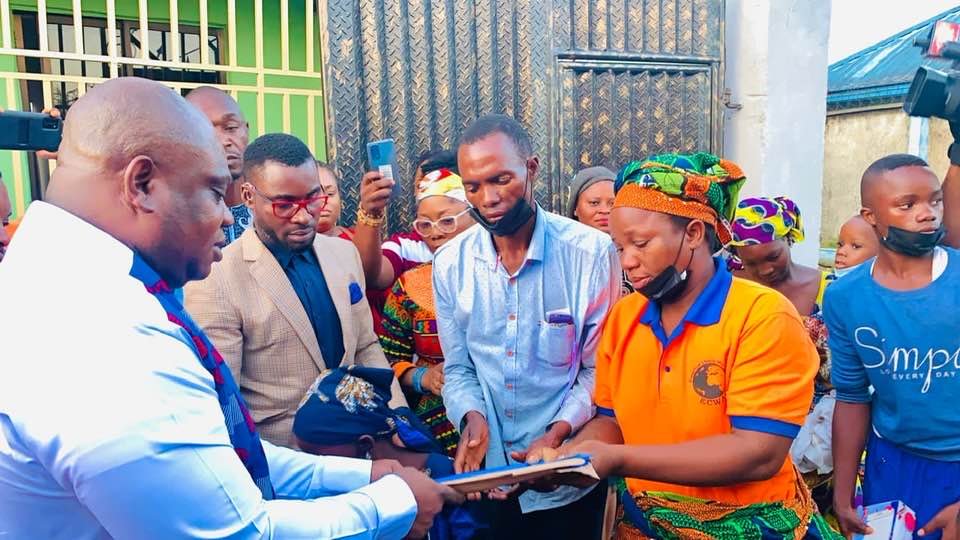


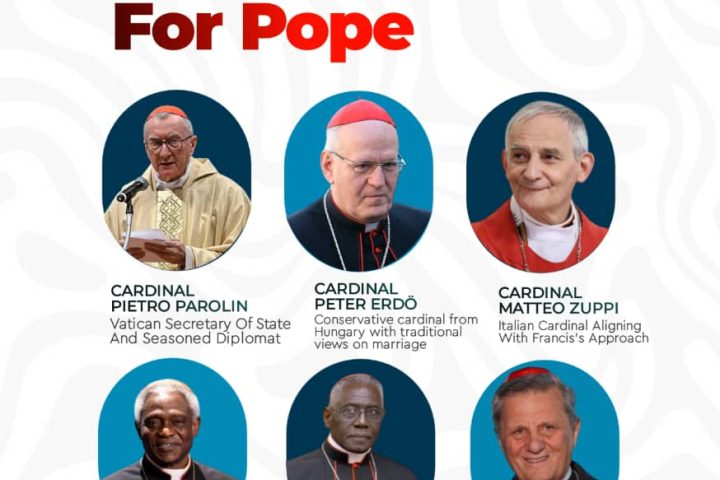
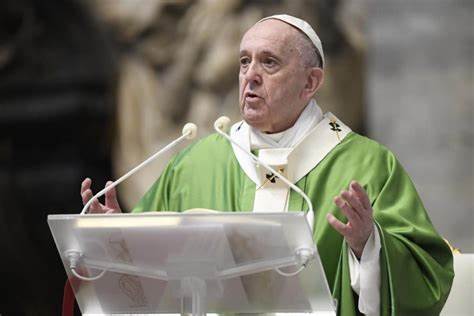
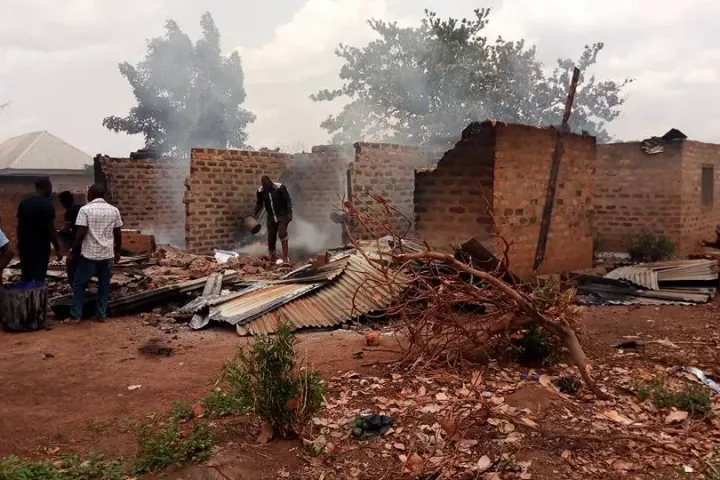








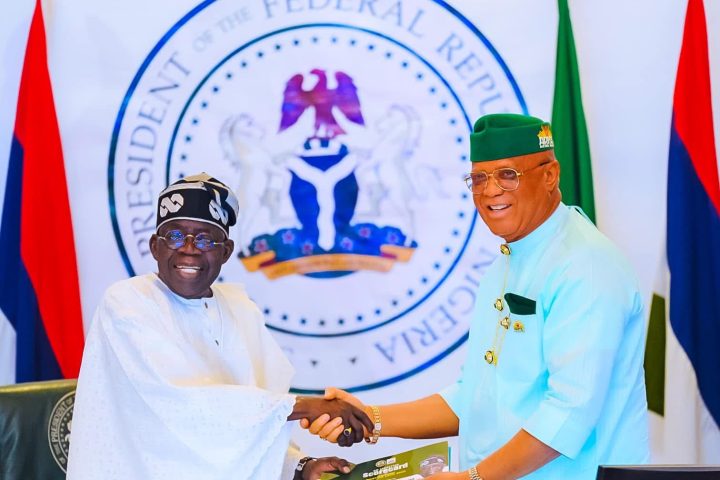

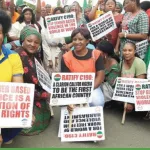
Follow Us